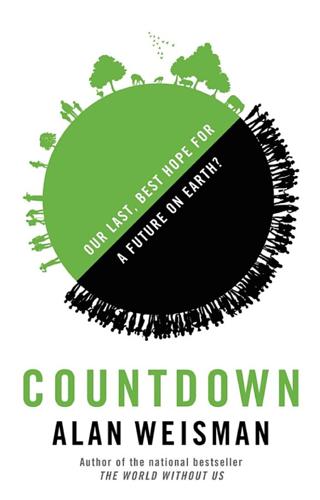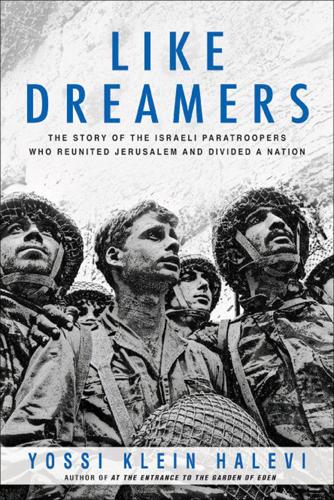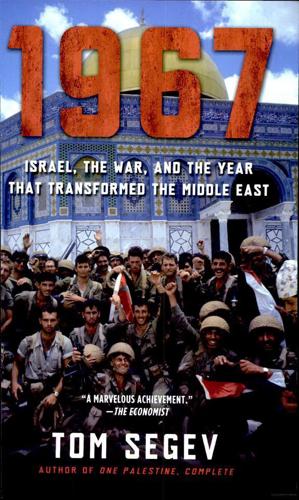
Countdown: Our Last, Best Hope for a Future on Earth?
by
Alan Weisman
Published 23 Sep 2013
One Hamas leader there had fourteen children and four wives. “Our mentality goes back to the Bedouins. If you have a big enough tribe, everyone’s afraid of you.” Another reason for the large families, Toufakji agrees, is definitely no joke to Israelis. The Palestine Liberation Organization’s best weapon, its leader Arafat liked to say, was the Palestinian womb. During Ramadan, Toufakji and some of his own thirteen siblings would be among the half-million worshippers overflowing al-Aqsa Mosque, spilling onto al-Haram al-Sharif’s stone plaza. That was before the day in September 2000 when former Israeli defense minister Ariel Sharon paid a visit to the Temple Mount, escorted by a thousand Israeli riot police.

Like Dreamers: The Story of the Israeli Paratroopers Who Reunited Jerusalem and Divided a Nation
by
Yossi Klein Halevi
Published 4 Nov 2014
“Our task as revolutionaries is to bring Jewish and Arab workers together.” They nodded and smiled, but Udi suspected he wasn’t getting through. Udi was troubled by some of the talk of his fellow security prisoners, like the Palestinian who assured him that Israel would be destroyed by “our secret weapon, the Arab womb.” “Human beings shouldn’t be reduced to statistics,” Udi admonished. “Hey, Udi, look at this,” called out a cellmate named Abu Tawfik, pointing to an article in the paper about a fatal car crash. “Three more Jews who are looking up at the flowers.” He smiled. Udi was perplexed. Abu Tawfik wasn’t one of those primitive religious Muslims, but a Marxist like Udi.

1967: Israel, the War, and the Year That Transformed the Middle East
by
Tom Segev
Published 2 Jan 2007
Another suggested giving aid only to families producing babies who could be identified as potential IDF soldiers. The government set up a “Demography Center,” directed by Zina Harman, the wife of the ambassador, who had now returned to Israel. The low birthrate, which had worried Israel even before the war, was now at the center of attention. The “Arab womb” continued to threaten the Zionist existence in Palestine.* However, the number of Jews who immigrated to Israel in 1968, more than thirty thousand, was 40 percent higher than the number who had come in either of the preceding two years.25† The new optimism was therefore not unfounded, and it suited the postwar sense of Jewish solidarity.